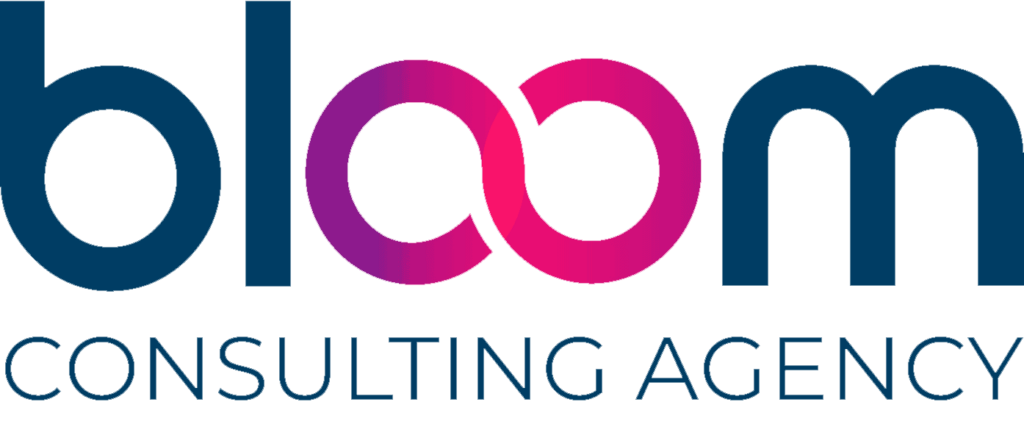Hospital revenue cycle management has adapted over the years to follow the protocols of the industry when dealing with the business of healthcare. Just as in physician’s offices and treatment facilities, hospital revenue cycle management begins with the registration of patients to obtain information needed to correctly bill out charges and lower the risk of claims getting denied. Similarly, effective management of claims ensures correct claims, timely submission of those claims, and quick assessment of denials so that every dollar is accounted for.
Patient billing has become a difficult process for uninsured patients. However, finding payment arrangements and allowances for low-income patients can bring in monies that would otherwise at one time would have to go uncollected. Unquestionably, revenues climb upward when the revenue cycle is flowing smoothly.
What is Hospital Revenue Cycle Management?
Hospital revenue cycle management is the process of processing revenue within the hospital system. The cycle begins when the patient enters the hospital and ends when the hospital receives payment for services. There are many levels to the revenue management cycle. To this end, revenue cycle management must make sure all involved parties are adhering to every last detail of hospital protocol.
- Registration: patients relay insurance cards, personal information, and relationship to the insured party, scanning all pertinent documents to the patient’s chart
- Charge capture: physicians capture charges for services rendered
- Charge review: billing entity reviews for coding and modifiers
- Claim submission: claims go to clearinghouse for electronic transmission to insurance companies
- Insurance companies process claims: either payment or denial will come from insurance company and decisions as to patient responsibility comes from insurance processing
- Payment posting: payments posted against charges outstanding
- Denial management: Appeals and denial work for corrections or insurance correction
- Statements: the hospital bills patients for their responsibility
- Collection of all outstanding payments: collection work done for payments not received
These steps represent a healthy revenue cycle and should transpire within a timely manner. Management of the hospital revenue cycle involves monitoring each step to ensure the process takes between 30 to 50 days. If the process takes 70 days, there is likely an issue somewhere within the cycle that needs to be identified. It is essential that cycles remain balanced. Plus, it is essential that errors or problems within the cycle be identified and corrected immediately.
What are the Challenges?
Challenges in hospital revenue cycle management can be identified with two major issues. First, patient fees have long been difficult to collect. Second, Covid-19 radically altered the economy, the healthcare industry included.
An educated staff that can recognize strict guidelines can be helpful. Education of physicians and nurses to the demands of insurance companies and knowledgeable billing teams can thwart some if not all of the difficulties.
Averages on patient collections can be as high as 74 percent of patients taking more than one month to pay their bills. In short, hospitals must make more effort to collect patient payments. Insurance authorizations are extremely difficult to obtain in today’s healthcare system. Insurance companies are extremely stringent in their protocols to approve authorizations and will deny authorizations if admission notifications timeliness is not met, medical necessity is not proven, or and if readmissions occur.
Benefits of Revenue Cycle Management for Hospitals
The benefits of revenue cycle management for hospitals ensures a strong flow of revenue to meet the needs of running the hospital. Hospital expenses are skyrocketing in the healthcare industry today. Close management of every step of the cycle can stop big problems and dropping revenue.
The electronic health record technology that most hospitals now have enables hospitals to more closely monitor management of the revenue cycle. It should be noted that reports often reveal fluctuations and identify dropping levels before they become problematic. Additionally, artificial intelligence (AI) in today’s technology can help maintain data brought in through reports generated.
Each part of the revenue cycle can benefit from a management point to monitor any discrepancies in insurance payments, rule changes, obtaining authorizations, and patient satisfaction.
- Management of patient appointments
- Managing the obtaining of insurance authorizations for testing, admissions and observation
- Review of insurance regulations and changes in payment protocols
- Management of coding guidelines and CCI edits
- Fee schedule changes to ensure proper payments
Why is Revenue Cycle Management Important?
Revenue cycle management is the most important factor for hospitals to maintain efficiency and produce revenues that benefit the physicians, support staff, and administration. Healthcare costs are rising dramatically, as is the cost of running a hospital. New technology and equipment needed to treat patients can be very expensive, and administrations count on the steady flow of revenue to purchase equipment needed to maintain the necessary treatment levels.
Certainly, the recent pandemic tested hospitals’ revenue cycles. Hospitals are expanding with the growing need of patient space and specialized treatment. Above all, revenue cycle management is key to all aspects of running a hospital.
Begin Hospital Revenue Cycle Management with Bloom Consulting Today
If your hospital is looking into how to improve revenue cycle management contact us in South Florida. Our professional consultants will review your current revenues and look for improvements. We have healthcare consultants who are very familiar with the challenges of today’s hospitals. Contact us and we will respond with the help you need immediately.










